
Cancer & Gut Specialist Dietitian Clinic

Expert dietitian support, for when it feels like you’ve already tried everything.
Our team of Registered Dietitians provide science-backed nutritional advice for gut issues and cancer nutrition – tailored to you as an individual.
No matter what you’ve tried before, with our support, “normal” may be closer than you think.
Explore Our Services:
"Until now I’ve been trying to cope by myself and with so much information out there, it’s hard to always know what the best thing is to do. It feels like we’re on a journey, and this time I’ve got someone giving me the right directions!"
A Happy Client!
What if finding relief from your symptoms isn’t about restricting your diet, but about adding the right things in?
At Green Light Nutrition, our focus is on adding what’s nourishing, not removing what you love.
Persistent gut issues or a shock cancer diagnosis can leave you feeling as if you need to overhaul your entire diet. Your mind is filled with doubts – food stops being about pleasure and becomes filled with anxieties.
Many people come to us having put up with symptoms for years with no clarity on how to manage them, or what’s triggering them
Others feel their GP is at a loss. Without a diagnosis, they’re growing frustrated and confused about how to get on top of things...
If you’ve spent months – or even years – looking for science-backed answers, but are overwhelmed with all the conflicting information out there – you’re in the right place.
We’re interested in two things:
you, and the science to back up our recommendations.
There are so many myths out there – and it’s all too easy to fall down the rabbit hole of “shoulds” and miracle cures while you’re scouring Google for answers. Unlike restrictive diets and generic advice, we focus on your unique needs, challenges and goals.
Think of us as your science-driven advocates.
We don’t believe in one-size-fits-all solutions.
Instead, we help you:
Understand what’s happening in your body so you can make informed food choices with confidence.
Feel supported with expert guidance from specialists in cancer nutrition and gut health.
Enjoy food again – without unnecessary restrictions, fad diets, or expensive supplements.
As featured in:





How can we help you?
Find relief from gut issues and eat confidently after a cancer diagnosis.
Personalised nutrition that works with your life, not against it.

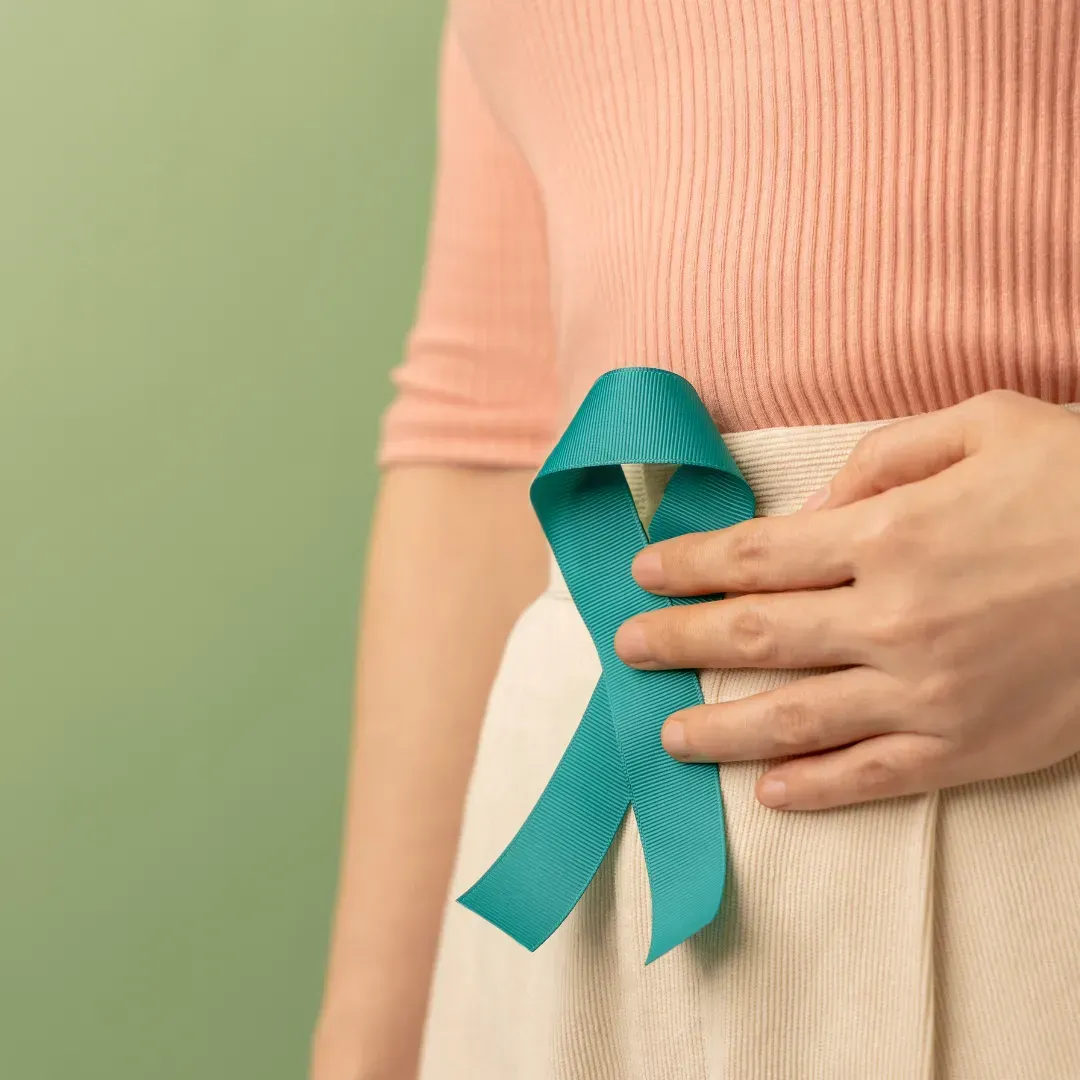
01.
Nutrition
For Cancer
Have you been recently diagnosed with cancer?
Or do you know someone who has?
Our oncology dietitians can guide you on beneficial foods to eat before, during or after cancer treatments.

02.
Gut Disorders
Diagnosed with a digestive disorder, or struggling to understand if you’ve got a food intolerance?
We can support you to find relief from IBS, IBD, SIBO, food intolerances, diarrhoea, constipation, reflux and more.


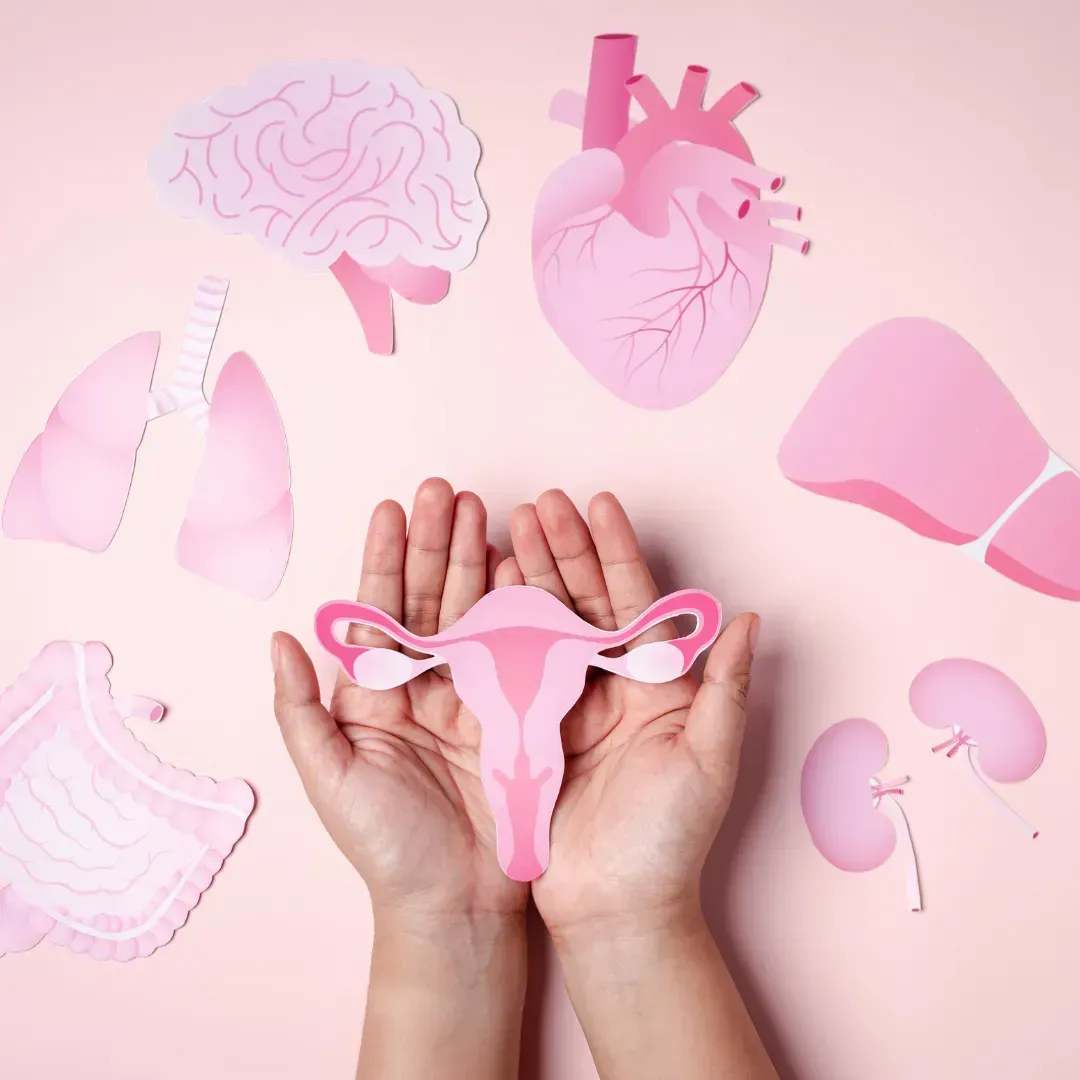
03.
Women’s Health
Whether you’re looking to manage endometriosis, PCOS or perimenopause, and the digestive symptoms that often come with them, you can rest assured knowing the advice you receive is supported by robust scientific evidence.
Conditions we work with
I have managed to improve my IBS symptoms as well as having a better understanding of nutrition.
"I had been putting up with symptoms for a number of years with no answers on why and how to manage this. With Jo’s help and expert guidance I have managed to improve my symptoms as well as having a better understanding of my nutrition along with the brain-gut connection. Would highly recommend to anyone who has IBS or suspected symptoms.”
★ ★ ★ ★ ★
Akbar
"I now understand what IBS is and what causes symptoms – on a biological and personal level."
“Each appointment with Jo was a treasure trove of information about diet, mental and physical health! I now understand what IBS is and what causes symptoms - on a biological and personal level. I eat much more healthily now without triggering my IBS symptoms, which has taken away a lot of the apprehension I had around eating and motivated me to look for new foods and recipes. Jo also helped me understand the gut-brain connection, which has given me a new perspective on my overall health and well-being.”
★ ★ ★ ★ ★
Katie
“The results were immediate”
“We consulted Green Light Nutrition after my mother was hospitalised with a severe reaction to her chemotherapy which aggravated pre-existing diverticula issues. Jo’s twin specialisms in cancer and bowel health were exactly what we needed. The results were immediate -- my mother showed a sustained improvement in her appetite, without any further nausea or bowel flare-ups, and has regained her confidence in food. She has added weightand was strong enough to resume her chemotherapy and have successful surgery. We count ourselves very lucky to have found Jo and cannot thank her enough for all of her support.”
★ ★ ★ ★ ★
Stephen

Hi, I’m Jo Cunningham, BSc RD, Founder of Green Light Nutrition.
Like you, I once followed misleading advice and restrictive diets – until I discovered what truly works.
It was my own confusing journey with IBS and my father’s experience with cancer that led me to retrain as a Registered Dietitian, so I could help others like me and my family access science-backed dietary support, and feel empowered in their food decisions.
The world of nutrition is full of different professionals – nutritionists, naturopaths, nutritional therapists and dietitians – each with varying qualifications. While many do fantastic work, only Registered Dietitians have a protected title. Anyone can call themselves a nutritionist which can lead to VERY misleading advice. Dietitians are the only nutrition professionals who are HCPC registered and trained to work with medical conditions.
What’s more did you know that many of the go-to food intolerance tests are internationally discredited and not supported by robust scientific evidence? In other words, they're a big con and a big waste of money! Rest assured, Registered Dietitians are considered the gold standard of food and nutrition professionals and are the only NHS-recommended nutrition experts. We won't sell you tests you don't need.
Green Light Nutrition exists to support you in finding the answers you need when it feels like you’ve already tried everything. My team and I help you find balance, giving you the advice and support that is truly going to make a difference.
Regulated and certified by:

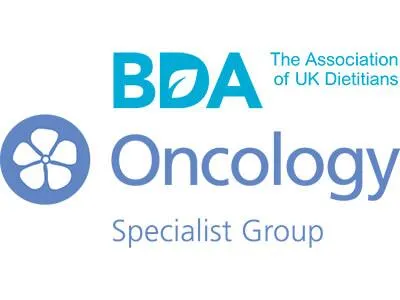
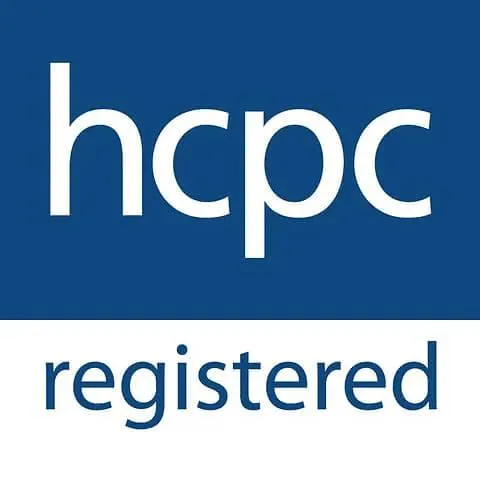
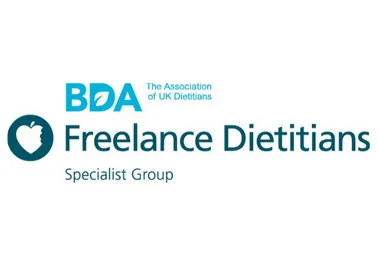
Byebye fads, restrictions and confusing diet advice – at Green Light Nutrition, we’re giving the go-ahead to…
Fad-free, Science-Backed Advice
We understand the fear and confusion surrounding food choices after a cancer diagnosis, or years living with the impact of gut conditions. All our advice is backed by research – and tailored to you.
Eating What You Love
Restrictive diets like FODMAP can be stressful and aren’t always necessary. We’ll always start by adding more of what you need before we even think about removing foods you love.
Expertise in Cancer Diet & Digestive Disorders
We’re a team of specialists – which means we can match you to the best person for your issues. We are constantly learning to stay on top of the most up-to-date research in our niches.
Long-term Focus For Lasting Change
We understand the gut microbiome and how we can support gut health for the long term – which is associated with supporting the immune system and overall health.

Ready to get to grips with your body and its needs, without the guessing games?
Drop us a message and get one step closer to sustainable strategies you can implement immediately.
TOP RESOURCES
Digital
Resources
Not ready for 1:1 support, but want to get to grips with IBS symptoms or cancer nutrition? Download our expert-led digital resources for clear, science-backed guidance to help you feel more confident in your food choices – without unnecessary restrictions.
Workplace Wellness Programmes
Support your team’s wellbeing – and their productivity, with expert-led nutrition workshops and pop-up clinics, designed to help teams feel and perform at their best.
In-person & virtual sessions available.
Online
Courses
A series of online courses to help you get on top of bothersome symptoms and improve your knowledge.
Read our blog for top tips and educational content

The Article TItle
Goes Here
Write a short enticing teaser summary of your favourite article.
Link the 'read more' button to the article!

The Article TItle
Goes Here
Write a short enticing teaser summary of your favourite article.
Link the 'read more' button to the article!

The Article TItle
Goes Here
Write a short enticing teaser summary of your favourite article.
Link the 'read more' button to the article!

Get On The List
Join our newsletter for the latest guides and support relevant to your health condition.
You'll only get the good stuff, no spam.
You can unsubscribe at any time.
᎒᎒᎒
Subscribe To Our Newsletter

© 2026